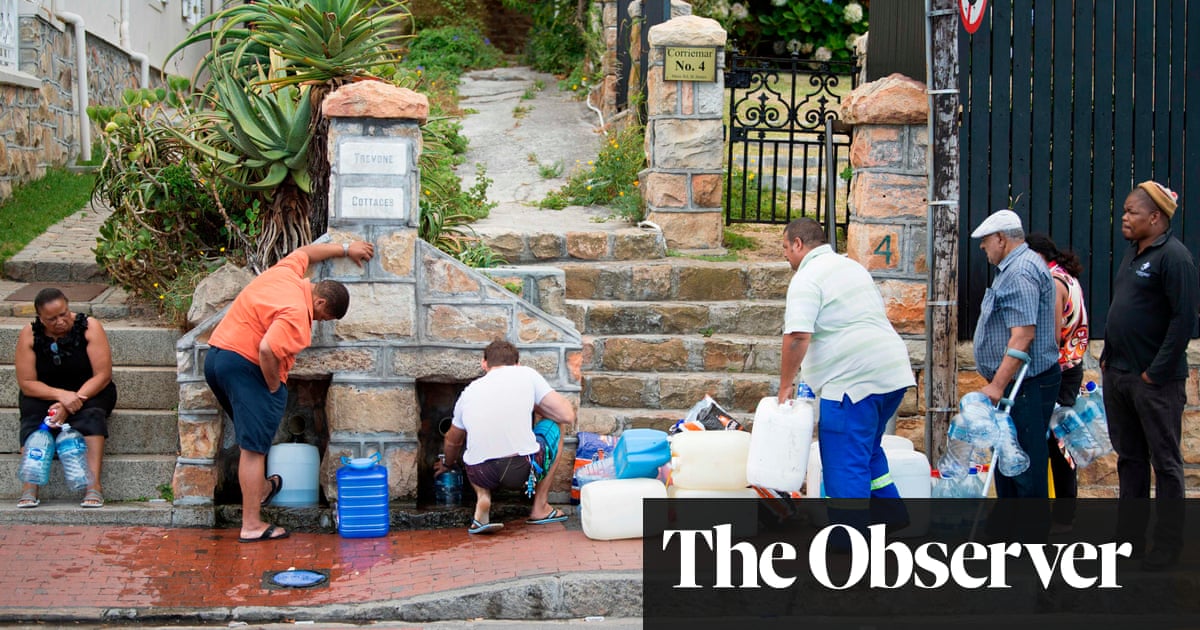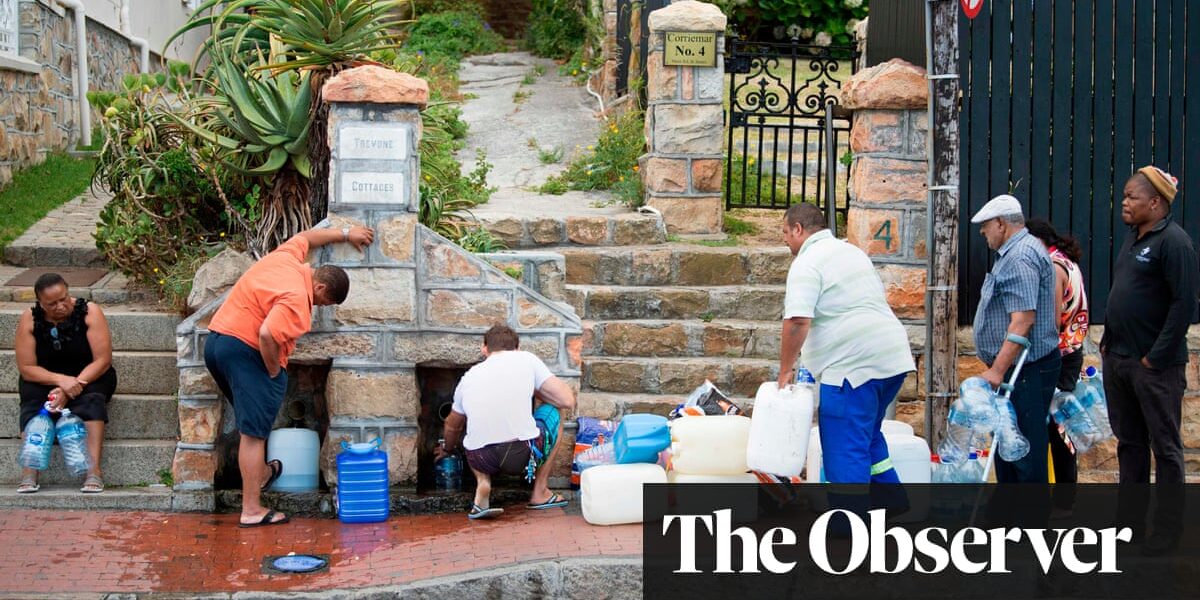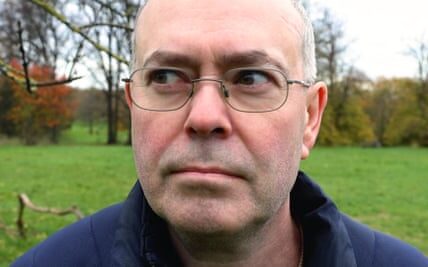
There’s nothing quite like a writer setting out their stall from the first page of a book so you know what you’re getting. When Karen Jennings – the South African author whose last novel, An Island, was deservedly longlisted for the Booker prize in 2021 – opens her new novel with a woman crouching over a mixing bowl to expel urine as “dark as cough syrup”, we know it will not be a feelgood comedy.
The woman is 53-year-old Deidre van Deventer, and she is in a bad way – but then so is the world. It’s the late 2020s and Cape Town is living under drought conditions (presumably inspired by the city’s Day Zero water crisis of 2018). The drought is not intrinsic to the story, but it affords an intensification of Deidre’s character traits: her laziness in not washing, her selfishness in using money sent by her estranged daughter not for water but for “takeaways and booze”.
Deidre is a world-class grump. “Ag, you know how it is. Everything’s shit and then we die.” She fishes cigarette butts out of the gutter and smokes them. Surrounded by the pain of others, her cry is: “What about me?” And when challenged on her behaviour – “It’s just the way I am” – and asked why she doesn’t help others, her response is: “Why would I help anyone else? I’m the one that needs help. Me. Look at me. I’m the one!”
In a sense she is right. Deidre is, in her own words, a “cripple”, having lost one leg in an explosion when she was 18. How that happened will be revealed, and Jennings is an expert at releasing information, keeping the reader hungry and satisfied at the same time. The plotting goes forward as well as back: it asks why Deidre is like this – and says, “This is why” – while also setting up an urgent subplot about a disturbing discovery the police have made in her old family home. To get through all this we switch occasionally to the viewpoint of Deidre’s mother, Trudy, who observes a patriarchal South African tradition by worshipping Ross, the prodigal son of the family, and “a dickhead” in Deidre’s estimation.
There’s a stark quality to Jennings’s prose that is reminiscent of other South African writers: Gordimer, Galgut, Coetzee. But she has many qualities of her own, not least a very dark humour that surfaces with perfect timing: the bathos of Deidre’s uncle’s death; her awful flirtation with a security guard at the water queue. But Deidre also seems to represent an archetype: the white South African who resents the changes and land reforms of the past 30 years. “You people came and forced us out,” she tells a black police officer. “Is that all you do, force people out?” Later, she offers, hopelessly: “I don’t know, how does it work now? Who’s black and who isn’t?”
So, no, this is not a “feelgood” book, but it did make me feel good – feel joy, in fact, at its precise pursuit of its vision, at its grownup complexity and at the way Deidre is such a perfectly realised fictional creation. Crooked Seeds is not a “book that feels like a warm hug” but more what Kafka called “an axe for the frozen sea within us”. When Deidre says something isn’t “my kind of thing,” and she’s asked: “What is your kind of thing?”, she replies: “I don’t know. Nothing really.” She is afraid of what is inside her coming out. But in this outstandingly good novel it does come out, it must come out, and the reader is the beneficiary.
Source: theguardian.com


